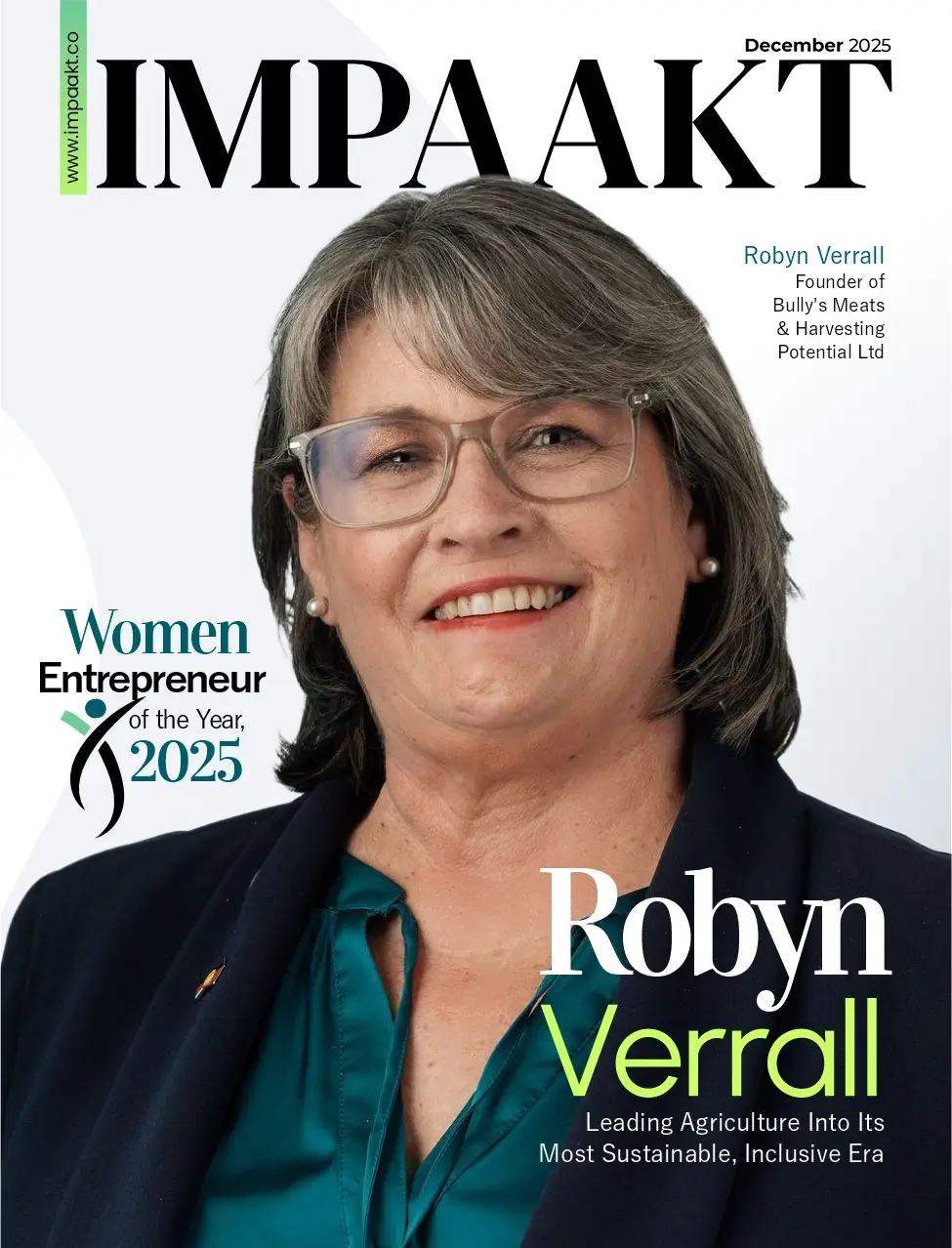When shareholders and regulators demand breakthrough innovations while patients wait for life-saving treatments, pharmaceutical CEOs face an impossible equation: deliver faster, cheaper, better—all while navigating one of the world’s most regulated industries. Most leaders play it safe, following proven formulas and incremental improvements. But what happens when an industry desperately needing fresh thinking finally gets a leader willing to rewrite the rules? Meet Emma Walmsley, whose unconventional journey from beauty products to blockbuster drugs is proving that the best pharmaceutical leadership might come from the most unexpected places.
Dame Emma Walmsley became CEO of GSK plc in April 2017, succeeding Sir Andrew Witty. Before GSK, she worked for L’Oréal for 17 years—a background that raised eyebrows in pharma circles but would prove to be her secret weapon.
The Unconventional Path to Pharmaceutical Power
Walmsley was born in June 1969 in Barrow-in-Furness, England, the daughter of Vice-Admiral Sir Robert Walmsley. She has an MA in Classics and Modern Languages—credentials that seem worlds apart from the typical biochemistry-to-boardroom trajectory of pharmaceutical executives.
Her 17-year tenure at L’Oréal wasn’t just career preparation—it was equity training. In consumer goods, success depends on understanding diverse markets, building inclusive teams, and recognizing that one-size-fits-all approaches fail in a global marketplace. These insights would prove transformational when applied to healthcare.
When Walmsley joined GSK’s leadership team in 2011, she brought fresh perspective to an industry often criticized for being insular and slow-moving. She became a member of the GSK Leadership Team in 2011 and quickly established herself as someone who could bridge the gap between scientific innovation and market reality.
Transformational Leadership in Action
Taking the helm of a $40+ billion pharmaceutical giant as an outsider could have been a career-ending gamble. Instead, Walmsley used her different background as a competitive advantage. While peers focused purely on drug pipelines, she brought consumer-centric thinking to healthcare—understanding that patients are not just statistics but people with complex, diverse needs.
Under her leadership, GSK has pursued a strategy that balances scientific rigor with market accessibility. She’s championed initiatives that make healthcare more equitable—not through charity programs, but through business model innovation that makes quality care profitable in underserved markets.
Breaking the Pharmaceutical Glass Ceiling
In May 2024, Walmsley’s annual pay package jumped to £12.7m, making her the second-highest-paid executive in her sector. But the significance runs deeper than compensation—it’s a recognition that diverse leadership drives better business outcomes.
According to GSK’s 2024 remuneration report, Walmsley was paid £10.6 million ($13.3 million) in 2024, with proposals to potentially reach up to eight times her base salary—reflecting the board’s confidence in her strategic vision and execution capabilities.
This isn’t just about individual achievement—it’s about changing industry norms. Walmsley’s success has opened doors for other non-traditional candidates in pharmaceutical leadership, proving that diversity isn’t just morally right but competitively essential.
Strategic Vision and Future-Forward Thinking
CEO Emma Walmsley‘s vision includes a projected $46 billion in annual sales from the stand-alone pharma company by 2031 and more than 10% operating profit over the next five years. These aren’t just financial targets—they represent a fundamental reimagining of how pharmaceutical companies can grow while serving broader societal needs.
Her approach combines the consumer goods playbook with pharmaceutical innovation: understand your market deeply, build products that serve real needs, and create sustainable business models that don’t require choosing between profit and purpose.
Equity Through Excellence
What sets Walmsley apart isn’t just her gender or unconventional background—it’s her demonstration that inclusive leadership drives superior business results. She’s shown that bringing diverse perspectives to pharmaceutical development leads to better drugs, broader market reach, and stronger financial performance.
Under her leadership, GSK has pursued partnerships and initiatives that address healthcare equity not through philanthropy but through core business strategy. This approach ensures sustainability—when doing good is good business, impact scales naturally.
Global Impact and Recognition
Walmsley has earned recognition for her “dynamic leadership, innovation, and strong focus on healthcare access and gender equality.” This dual focus—operational excellence and social impact—represents the kind of integrated leadership that modern stakeholders demand.
Her influence extends beyond GSK’s immediate operations. As one of the most prominent women in global pharmaceuticals, her decisions and statements shape industry conversations about everything from drug pricing to pandemic preparedness to women’s health research priorities.
The Multiplication Effect of Leadership
Walmsley’s success has created a multiplication effect throughout the pharmaceutical industry. Her visibility has inspired other companies to reconsider their leadership development programs, succession planning processes, and criteria for executive advancement. She’s proven that diverse leadership isn’t a nice-to-have—it’s a competitive necessity.
Her approach to building inclusive teams has become a case study in how cognitive diversity drives innovation. In an industry where breakthrough thinking can mean the difference between life-saving drugs and market failures, this isn’t just social progress—it’s business imperative.
Redefining Pharmaceutical Leadership for the Future
As healthcare becomes increasingly global, personalized, and technology-driven, the pharmaceutical industry needs leaders who can navigate complexity, build bridges across cultures, and think beyond traditional boundaries. Walmsley embodies this evolution—proving that the future of pharmaceutical leadership won’t just be about scientific expertise, but about the ability to translate scientific possibility into global impact.
Her journey from L’Oréal to GSK’s corner office represents more than individual success—it’s a blueprint for how industries can renew themselves by embracing leadership diversity. In a sector that literally holds lives in the balance, that kind of transformation isn’t just impressive—it’s essential.
For business leaders across industries, Walmsley’s story offers a powerful reminder: the best leaders don’t just succeed within existing systems—they transform those systems to unlock potential that was always there, waiting for someone brave enough to see it differently.











